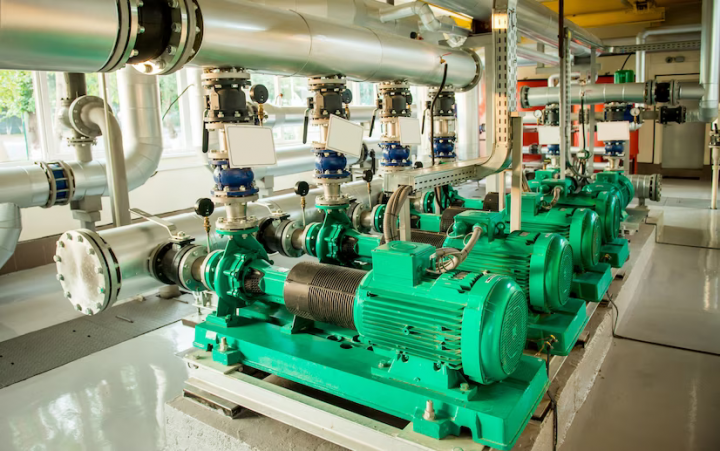What does EPC stand for?
EPC Full Form: EPC is an acronym for “Engineering, Procurement, and Construction”
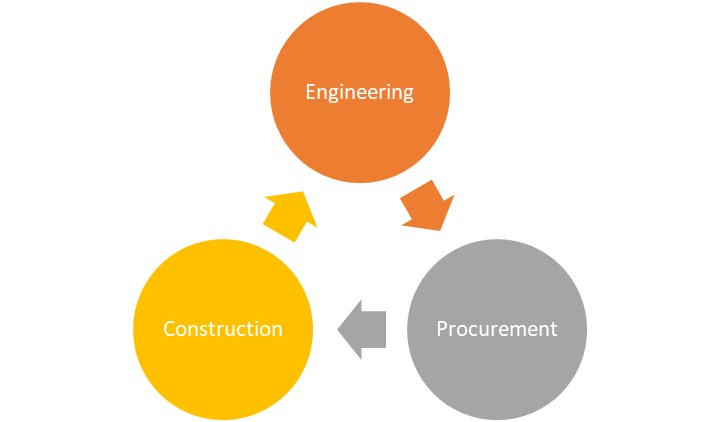
What does EPC mean?
EPC Engineering Company is a construction industry wherein the project company enters into a contract with a single EPC Contractor ( a company who delivers an EPC project is called EPC Contractor) who in turn will be solely responsible for the design, procurement, construction, commissioning, and handover of the project to the project owner.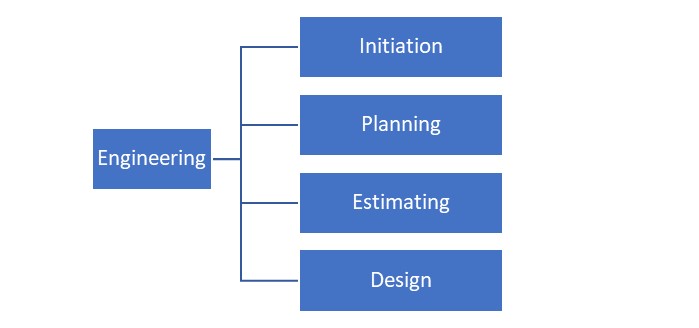
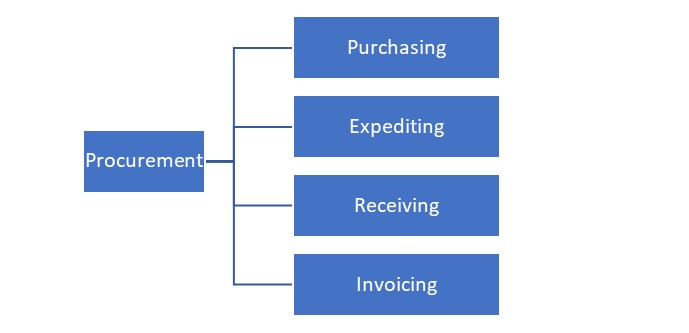
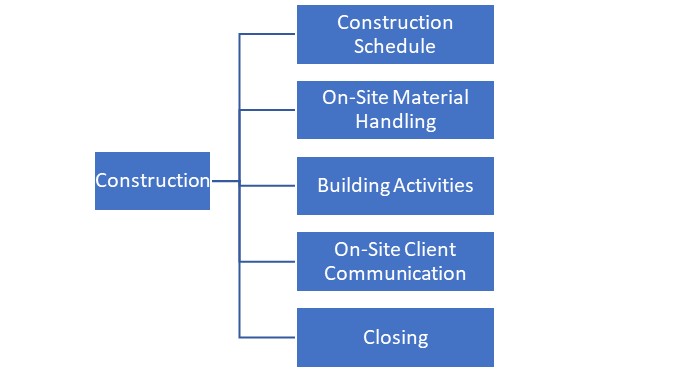
EPC Contract:
EPC Contracts are commonly used for large scale resource developments like oil and gas projects, companies under the renewable energy industry and the power sector.
An EPC contract is a project document that binds the owner and contractor into a contractual framework by clearly transferring the risk responsibility related to designing, procuring, and constructing to the contractor. It also documents the performance standards the completed project is required to meet. EPC contractor then hires his own team of suppliers, sub-contractors, engineers, and consultants to complete the project.
These types of contracts are mostly preferred by Project Finance Lenders who carry minimum risk due to the fixed prices and fixed dates for completion of the projects.
Advantages of EPC Contracts:
- EPC contractors hold full responsibility from design to construction.
- Project Company is free from the owing risk associated with design and construction.
- Project Company has to deal with only one contractor who is responsible for managing other sub-contractors. This makes the Project company put their focus more on evaluating performance.
- EPC contractors have the leverage of reducing construction costs since they are in full control of managing design, selecting products and suppliers.
Structure & Important Elements of EPC Contract:
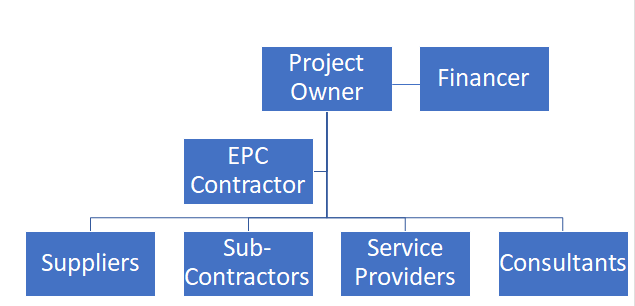
Under EPC Contracts, the contractor holds full control of the project from design, procurement to construction (means from start to end). Hence, it is extremely important to outline all the necessary details pertaining to the project from a technical, commercial, and legal point of view.
Below are few points covered to showcase what does an EPC contract cover:
- The Project company signs a contract with a single EPC contractor.
- EPC contracts carry a fixed price tag with a very limited possibility of change.
- EPC contracts clearly state the fixed completion date and if the contractor fails to complete the project on or before this fixed date, the owner is entitled to claim the damages for delay.
- EPC contractor carries all the liabilities which may arise due to problems in the project from inception to completion.
- Due to the threat of financial implications imposed on account of delay or defects in the project execution or completion, EPC contractor normally limits their liability to themselves from insolvency.
- A document called Owner’s Requirements is prepared which specifically mentions what is supposed to be constructed, what standard to follow, detailed procedures, and other performance requirements.
- The EPC contract will also clearly state that performance security is delivered by the Contractor in view of its obligations under the contract.
- Parties involved in the EPC Contract are excused from Performance in case of certain Force Majeure events like war, strike, riots, natural calamities, COVID-19.
- EPC contractor signs contracts with multiple sub-contractors and suppliers to fulfill the different types of responsibilities (or work) mentioned in the contract.
- Final Thoughts
Hence, to conclude in the coming years, we might see the EPC sector undergoing a high level of transformation since it has got great potential to grow further globally.



